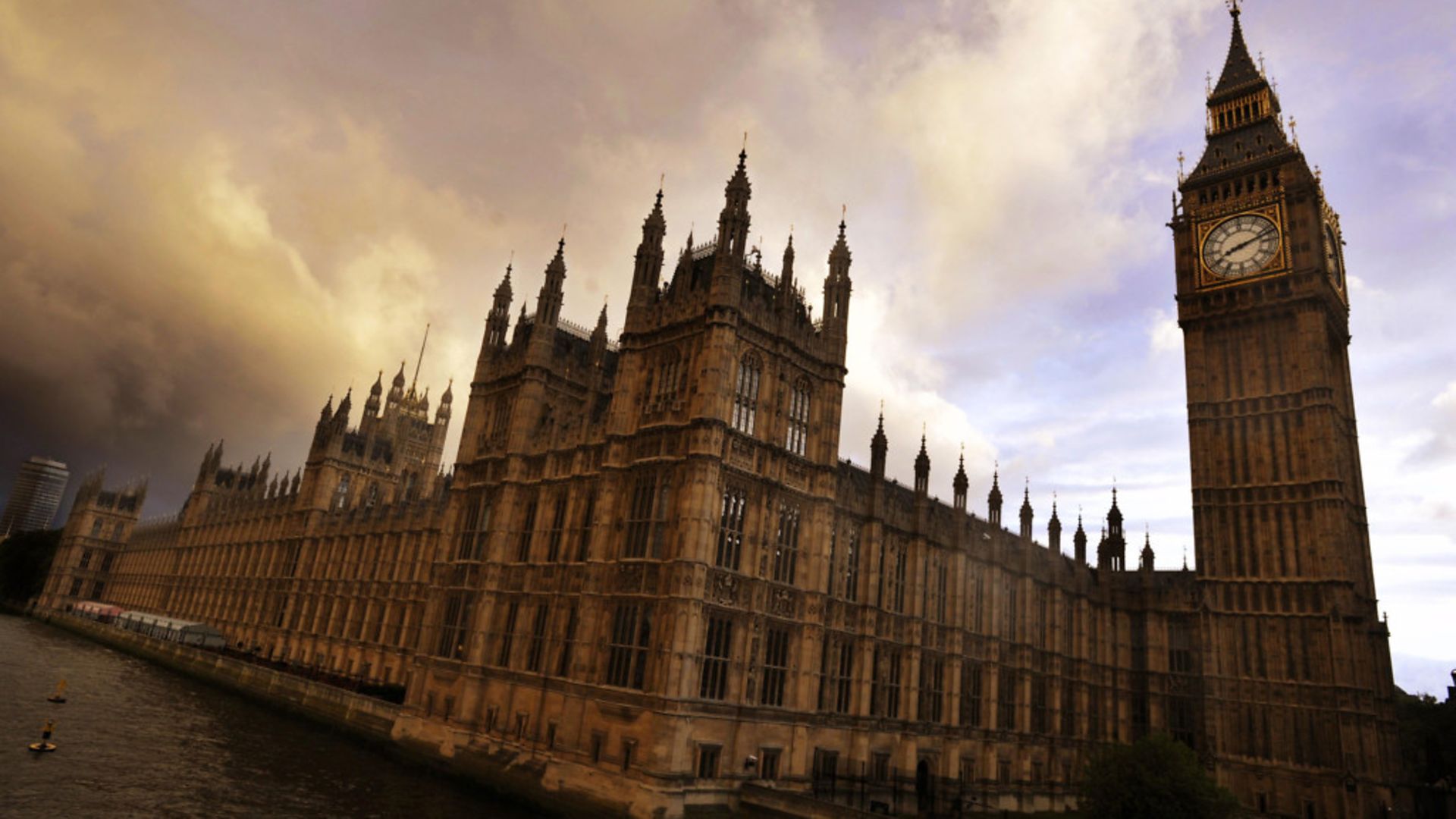Adam Boulton’s “Reporting on Pestminster” (TNE #290) was full of illuminating anecdote but seemingly lacking the sense or the belief that it really is time for a radical change at the heart of our politics.
The public revulsion over Partygate indicates that, even if insiders and commentators do not accept it, a tipping point has been reached.
Bars in parliament should be shuttered for good (this would prevent one prominent Conservative from slurring and otherwise embarrassing themselves every time they come to the dispatch box), MPs should have stricter rules of conduct enforced upon them and all elements of parliamentarians’ self-policing should be removed. Independent bodies should be the final arbiter of whether a minister should resign for breaking the ministerial code, and whether MPs should be suspended or expelled for criminal offences or acts like bullying.
Labour (when Beergate is behind them, one way or another) should lead on this and make, for want of a better phrase, draining the Westminster swamp an election promise.
Christopher Scott
Oxford
Unsaid in Adam Boulton’s article on Pestminster is the part that the Houses of Parliament play in bad behaviour, from drunkenness to sexism to bullying. These things are almost inevitable in an atmosphere where people are packed together, away from their families; where the use of alcohol is endemic and where the status quo encourages grandstanders, toadies and conspirators.
I would like a cheaper, kinder parliament that does its job effectively and quietly, absent of outmoded convention, less open to being corrupted by lobbyists, and seen as a calling and not a profession – and definitely not as a second profession.
Beth Peters
Adam Boulton is right to assess the speed and viciousness with which the Mail and Sun have turned on Keir Starmer and Angela Rayner as signs that they represent an increasingly credible opposition.
Both newspapers are lost causes. What has been worrying in the last few days, on both major TV networks, is the acceptance of Tory talking points almost without challenge – the local elections weren’t too bad for the Conservatives (they lost 400+ seats) and not so good for Labour (they gained 240 seats), while Starmer has no policies to answer the cost of living crisis (the windfall tax on energy companies, for a start).
Rod Sargent
The relationship between the police and the ruling party appears to be far more scandalous than the relationship between the press and the ruling party detailed in “Reporting on Pestminster”.
Michael Powers
Via Facebook
It is puzzling that the Mail and Sun are keen to see Starmer gone from the Labour leadership when it’s a common view that his lack of sparkle is actually holding Labour back. He’s done excellent work detoxifying the party’s image, but surely Yvette Cooper, Angela Rayner or Andy Burnham – if a way could be found for him to quit his Manchester post with decorum – would be a greater threat to the Tories at the ballot box.
Peter Geall
Via Facebook
The constituency facing a by-election is Tiverton and Honiton, not, as Adam Boulton writes, Tiverton and Frome.
David Kauders
Editor: Apologies for the error – we must have been Googling tractors at the time…
Interesting to hear Dominic Raab tell Sophie Raworth that there should not be an Irish border poll because at the local elections, 58% of people voted for parties who opposed one. Can we now have a second referendum, as 52% of voters in the 2019 general election picked a party that supported one?
Shaun Higgins
Leeds
Labelled
Alastair Campbell wonders if Nadine Dorries has committed a libel against him (Diary, TNE #290). I assume she’d consider a libel to be one of those things sewn into the back of her coat.
Noel O’Rawe
Depp v Heard Thank goodness that at least someone is saying what Bonnie Greer says about the way Amber Heard has been treated (“Amber Warning”, TNE #290). It is an attack on being female.
Allison McCulloch
Via Facebook
It has been revolting to see the global framing of the reaction to Depp v Heard – it has just reminded all women that nothing has changed and never will.
Deborah Hopkins
Via Facebook
Unwelcome
It would be good if we could read more in TNE about how the various EU countries are welcoming and responding to the Ukrainian refugees. Many of us who live in Britain must feel hugely ashamed of the miserly response of “our” current government.
I am forwarding you part of a message from a friend of ours who is a retired doctor providing voluntary service to refugees arrived in Berlin:
“We have something like 300,000- 400,000 Ukrainian refugees in Berlin, nobody knows how many, as there are no border controls and every Ukrainian with a passport can stay and move around freely for 90 days. The only way to control the pour-in is the need for (voluntary) registration. As soon as they are officially registered, they get a health insurance card, social supply (same as every German in need), housing etc. And of course, school for the children, immediately.”
Michael Harper
Editor: See “The Reluctant Refuge”, this issue.
Park life
While enjoying reading about Europe’s strangest theme parks (“Mouse on Fire”, TNE #290), I was surprised the bizarre Stalin-themed Grütas Park didn’t make the cut. Remotely situated in Lithuania’s Dzūkija National Park, midway between Vilnius and Warsaw, the park was founded by a mushroom tycoon, and has been described as a communist Disneyland.
With questionable taste, it is landscaped in the style of a Soviet gulag prison camp, complete with wooden paths, guard towers and barbed wire fences, although some ideas, such as transporting visitors around in a gulag-style train, were never allowed.
Grütas is host to a sculpture exhibition featuring 86 statues of Soviet leaders, playgrounds, a mini-zoo and cafés, all containing Soviet-era relics. The park and its founder won the Ig Nobel prize in 2001.
Jim Gavin
Cheshire
Back in the mid-1990s my parents took me to Parc Astérix rather than EuroDisney. As I was just an impressionable 12-year-old back then, I regret to say that I lacked the political nuance to understand the deeper political meanings behind their choice of Parisian theme park.
Phil Alderton
Bicester
I saw François Mitterrand on a walkabout at what was then EuroDisney in (I think) 1993 or ’94. I am pleased to report that he looked rather disgusted by the whole thing.
Ken Stafford
Soil destroying
In “The Killing Fields” (TNE #291), Minette Batters, president of the NFU, bemoans the high cost of fertiliser. Yet one of her predecessors bemoaned the fact that the UK’s soils had only 12 years’ life left in them (and that was two years ago). The reason that such a short remaining life is predicted for UK soils is due to the use of fertilisers.
While fertilisers damage soil, removing its ability to store water and organic matter, organic farming, on the other hand, creates healthy soils, which can store water and organic matter effectively. We have farmed organically and sustainably for centuries, right up until 1945, but in the 75 years since then, with an ever-increasing use of artificial fertilisers, we are now facing soil ruination.
Many comparative tests between conventional and organic farming have shown that there is, in fact, no significant difference in yield between organic and conventional farming, all other things being equal. It is true that when artificial fertilisers first started to be used, they increased yields spectacularly, but over time, the improvement decreases, even while more fertiliser is being added. Eventually, the improvement falls to zero, and the soil becomes degraded, so that if the fertiliser is stopped, the yield initially falls dramatically, apparently showing that the fertilisers are necessary.
Fertiliser companies continue to spread information far and wide that the use of fertilisers is essential if we are to feed everyone. The truth is very different, and there is a real risk that the UK (and other countries) could end up with dust-bowl conditions unless the truth about fertilisers is recognised.
Brian Pollard
Launceston, Cornwall
Minette Batters is right that to take our homegrown food provision for granted is a sure-fire way to food insecurity and shortages. The government should listen to those like her at the sharp end of our imploding economy who are endeavouring to keep food on the table against a background of war and discombobulation.
Judith A. Daniels
Keeping up
Will Self’s piece on the Kardashians and other silly things beginning with K (TNE #290), dropped a wonderful Easter egg for us Star Trek fan-people.
He compared the real world and the Kardashians’ world as similar to the contrast “between the Federation and the Klingon Empire”. Will well knows we fans have been contrasting between the Kardashians and the Cardassians for aeons.
I’m sure Will also knew that Trekkies reading his piece would appreciate the hidden egg. Or perhaps he just chose the Klingons because of the K.
David Dansky
East Acton
British racism
In TNE #288, Peter Trudgill mentions British racism towards Anglo-Indians. The historian William Dalrymple does likewise in The Anarchy, but adds a little-known North American connection.
After surrendering the 13 American colonies to George Washington, General Cornwallis went to India in 1786. He knew that the colonies had been lost not to Native Americans but to the descendants of European settlers. Cornwallis was therefore determined that a settled colonial class never emerged in India to undermine British rule.
By the late 18th century, one third of British men were cohabiting with Indian women. So Cornwallis introduced racist legislation to exclude the children of British men and Indian wives from employment by the East India Company. For instance, by 1791 nobody with an Indian parent could be employed by the EIC in a civil or military capacity. The Anglo-Indians were also prohibited from landownership. Thus within a century they had been reduced to a community of minor clerks and train-drivers.
Tim Fearon
Sherborne, Dorset
UK blues
We’re now required to have a large UK sticker on the back of our vehicle when travelling in the EU. Like the union flag, the “UK” mantra has been weaponised by Johnson and co. and I object to having to display it.
Some solace, however: if you can lay your hands on a France “F” sticker and put it before your UK one, then add a Spain “E” and German “D” after that, you have an accurate if not exactly correctly spelled description of the state of the nation post-Brexit. It might amuse the driver behind you, too.
Rex W Nesbit



